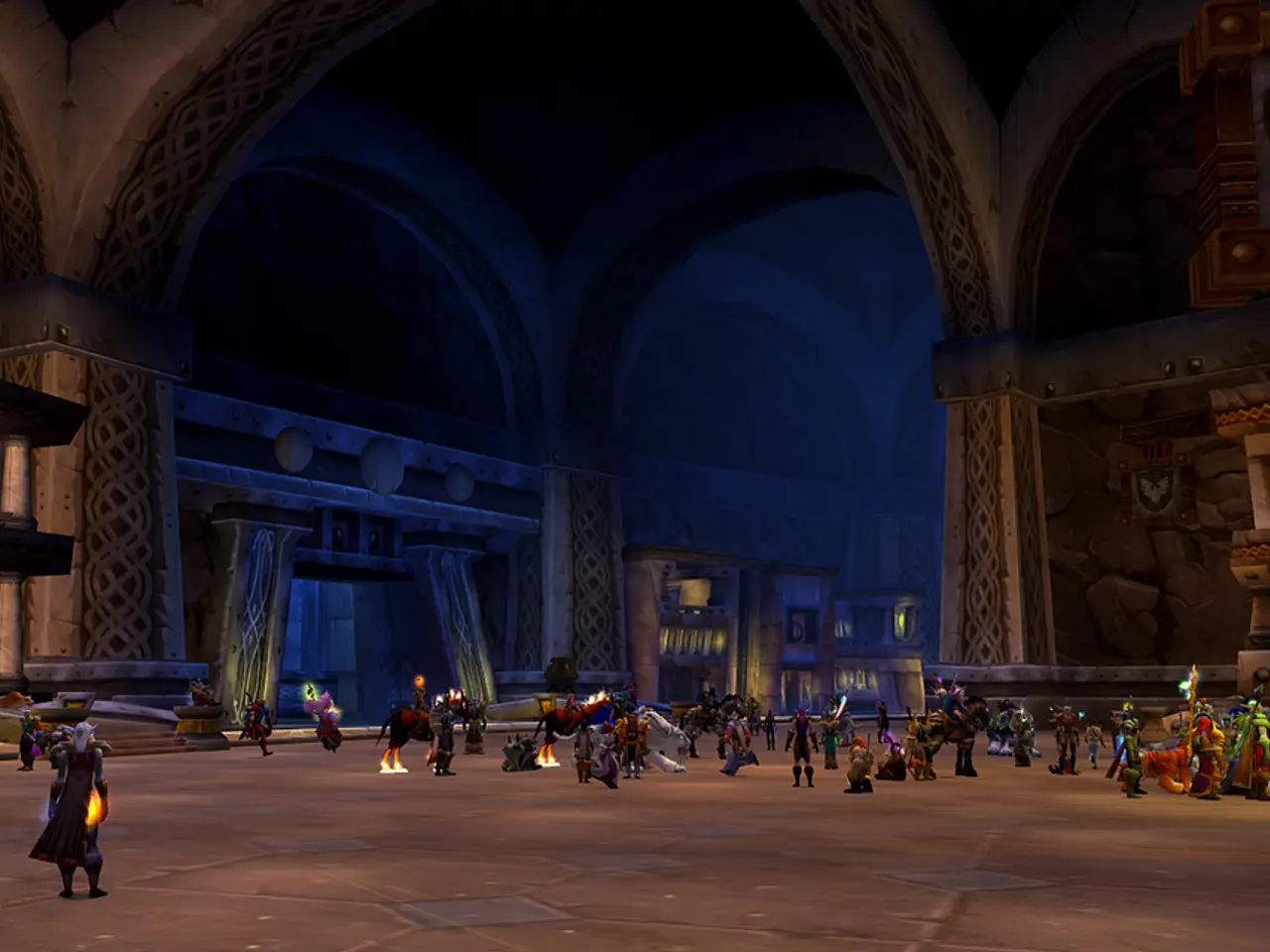Troubling Tome in Miniature Form
In 1948, Richard M. Weaver, a scholar and author, published his influential book, Ideas Have Consequences. The book, which remains relevant today, outlines Weaver's predictions about the future of Western civilization, centred on the cultural and philosophical decline brought about by the rise of nominalism.
Weaver believed that nominalism, a philosophical viewpoint that rejects universal truths and emphasizes particular, individual things, was a key turning point that altered humanity's conception of reality. He argued that this shift undermined the foundation of objective values, leading to moral relativism and the erosion of traditional Western values.
According to Weaver, this philosophical shift would have dire consequences for Western civilization. The loss of a shared moral order and the weakening of social cohesion would lead to chaos, fragmentation, and ultimately cultural decay. This decline would manifest in the deterioration of intellectual rigor, respect for tradition, and community bonds, which together form the bedrock of Western society.
Weaver warned that the denial of transcendent truths would foster moral confusion and cultural decay. He believed that demonstrating cultural decline is the most pressing duty of our time because, without this acknowledgment, we cannot combat hysterical optimism.
In addition, Weaver argued that there is no salvation in political ideologies. He predicted that the West would attempt to win the Cold War by living more comfortably than the East but that Communism, which believes in struggle, was likely to prevail.
Furthermore, Weaver believed that Western man has lost his metaphysical dream of the world. He argued that the denial of universals led to a creeping subjectivism, moral anarchy, and a de-spiritualization of Western culture. This abandonment of universals in the last century led to a turn in the orientation of culture, leading to the debunking of everything that is "higher" and noble.
The practical result of this change in the affirmation of what is real is a turn in the orientation of culture, leading to the debunking of everything that is "higher" and noble. This denial of universals also led to the cult of empiricism, the denial of truth, and a general intellectual breakdown.
Weaver's little book is disturbing because he knew all the problems that are coming in the last seven decades. Roger Kimball, in the foreword to the new expanded edition of Weaver's book, is evasively dubious about Weaver's anti-modernism. However, Weaver's warnings about the decline of Western civilization continue to resonate today, serving as a reminder of the importance of objective truth and the preservation of traditional values.
[1] Weaver, R. M. (1948). Ideas Have Consequences. Chicago: University of Chicago Press.
- Richard M. Weaver, in his 1948 book, 'Ideas Have Consequences', predicted that the rise of nominalism, with its rejection of universal truths, would have profound impacts on Western civilization, leading to moral relativism, the erosion of traditional values, and cultural decay.
- Weaver warned that the denial of transcendent truths would foster moral confusion, cultural decay, and a general intellectual breakdown, arguing that demonstrating cultural decline is the most pressing duty of our time.
- Weaver believed that the West would attempt to win the Cold War by living more comfortably than the East, but he predicted that Communism, which emphasizes struggle, was likely to prevail.
- Furthermore, Weaver argued that the denial of universals led to a turn in the orientation of culture, debunking everything "higher" and noble, and resulting in a creeping subjectivism, moral anarchy, and a de-spiritualization of Western culture.








